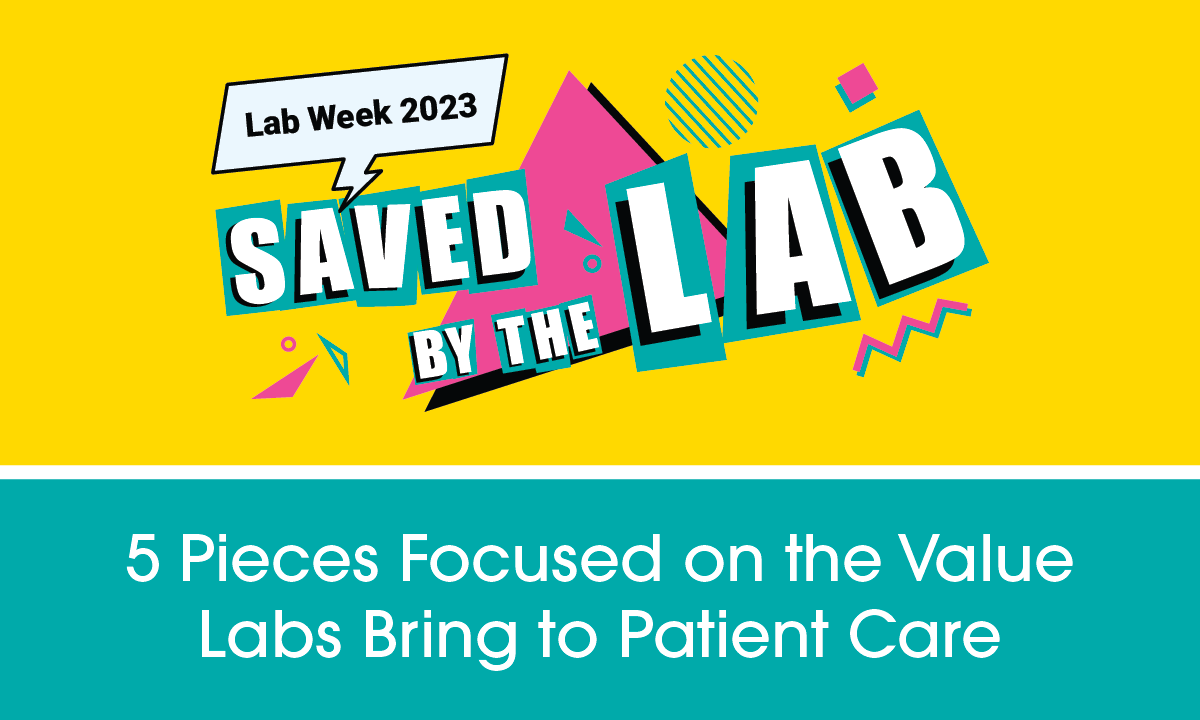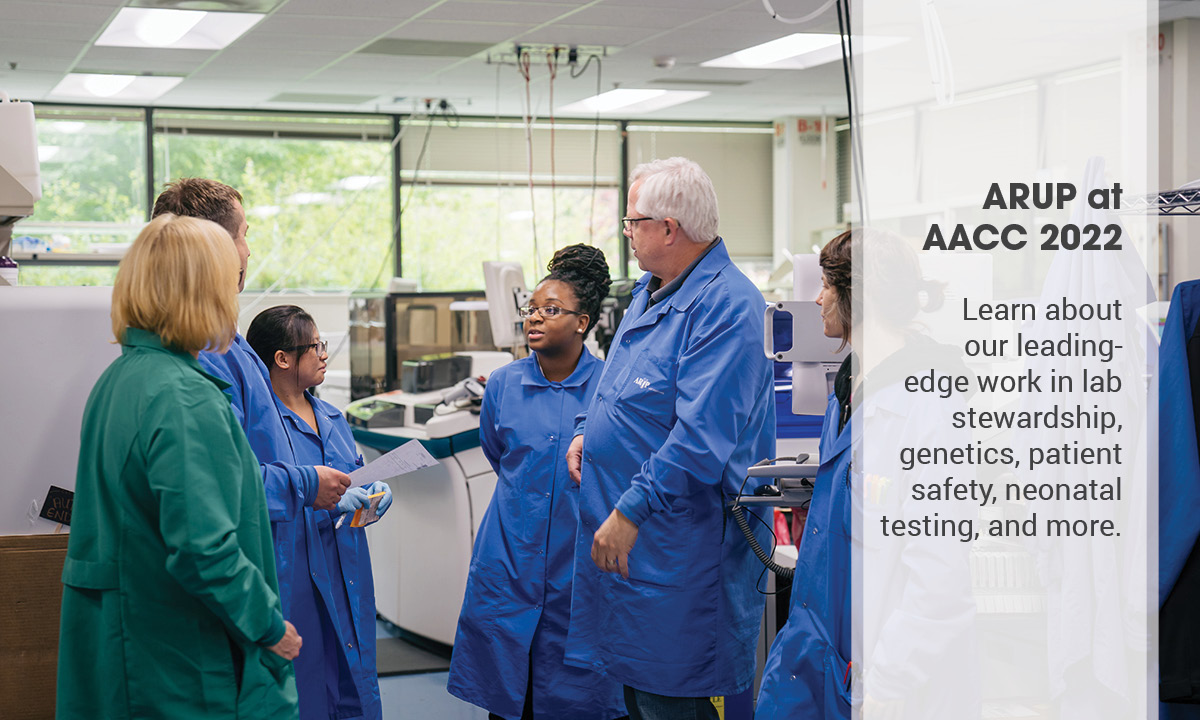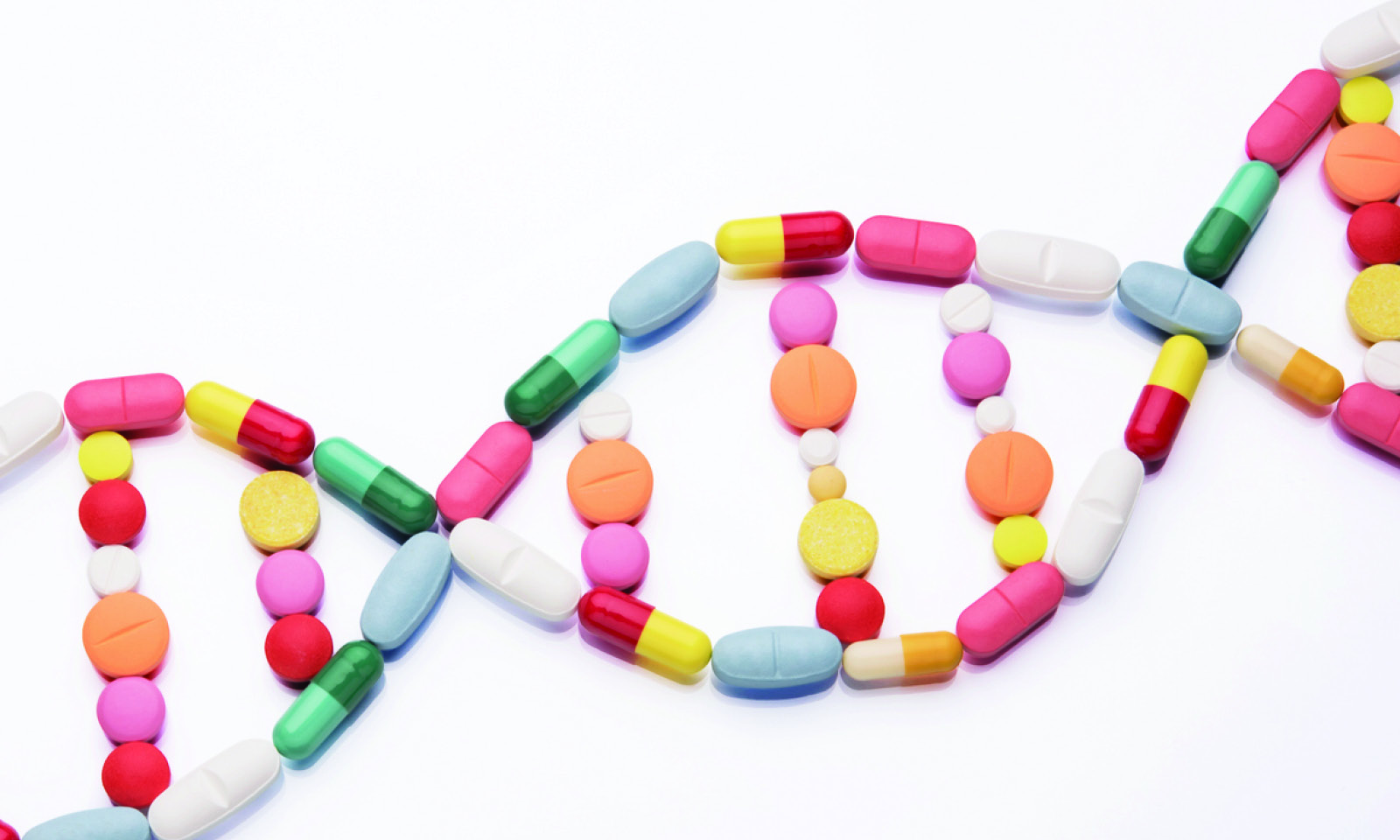ARUP’s David P. Ng, MD, will share a presentation on artificial intelligence (AI) in the clinical lab at the Patient-centered Laboratory Utilization Guidance Services (PLUGS) Regional Summit.
A platform clients use to reduce testing waste, lower cost per test, and improve patient safety has won the prestigious Choosing Wisely Champion Award from the American Society for Clinical Pathology.
ARUP researchers and medical directors will join industry leaders at AACC 2023 to share their expertise on laboratory stewardship, workforce needs, automation, and more.
Valerie Collier, MS, CGC, will present insights on the DEX MolDx program and how to submit Z-Code applications under new private payer Z-Code requirements as an expert panelist in an upcoming webinar.
ARUP’s new tool, AnalyticsDx™ Comprehensive, provides cohesive data visualization that clients can use to inform quality improvements and cost-saving measures.
We are kickstarting Lab Week by putting a spotlight on the important role that medical laboratory professionals have in improving and saving patient lives.
Data from the 2022 Client Satisfaction Survey shows that an overwhelming majority of our clients view ARUP favorably and would recommend ARUP to colleagues.
Erik Forsman, a senior data consultant for ARUP Healthcare Advisory Services, has published a new article in The Journal of Applied Laboratory Medicine to share the benefits of in-house data systems.
A survey of laboratory professionals led by ARUP experts clarified factors that contribute to the success of laboratory stewardship programs.
ARUP medical directors and scientists will share their research and expertise in areas like lab stewardship, biochemical genetics, and neonatal drug testing at AACC’s 2022 annual meeting in Chicago.
ARUP Healthcare Advisory Services will lead a roundtable exercise on building strong laboratory stewardship programs at the American Society for Clinical Pathology (ASCP) KnowledgeLab in Boston.
ARUP study finds pharmacogenetic testing to evaluate drug-gene interactions improves patient outcomes and patients' confidence in overall care.




























